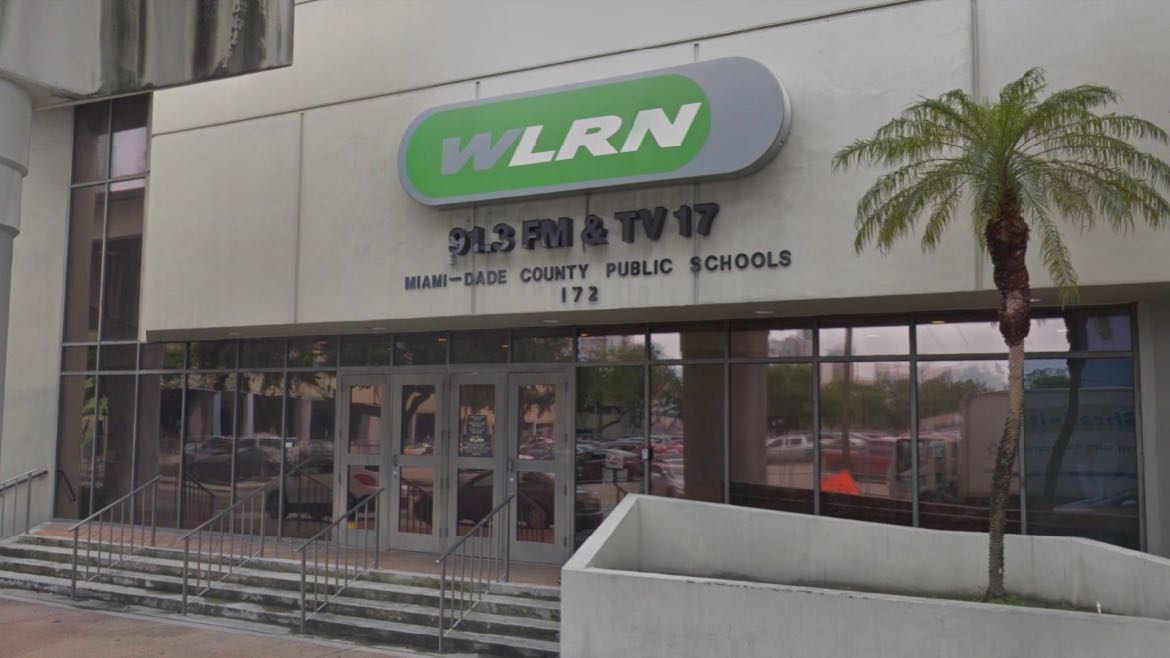Two leaders speak ‘uncomfortable truths’ about race in public radio
Following the police killing of George Floyd, Matt Martinez shared in an all-staff Zoom meeting the “uncomfortable truths” about the public radio station where he works.
The director of content at KNKX in Tacoma, Wash., pointed out that the white-led organization has a mostly white newsroom, all-white announcers and a “very white audience.”
“I was shaking while I was saying those words because they were deeply uncomfortable for me to say, because I am a person who is in a position to actually change those things,” Martinez said.
Martinez and Bill Johnson, GM of WRTI in Philadelphia, were speaking with Current Executive Director Julie Drizin in a webinar Tuesday about how their stations have responded since the killing of Floyd and their experiences as people of color in an overwhelmingly white public radio system.

Martinez said he brought up the realities at the station not to “shame or admonish or belittle the talent of our staff. Not at all. It was basically a moment to speak the truth so we could change it.”
That initial discussion sparked more conversations at the station.
“We had another meeting where all we did was talk about how we talk about this, which is something I don’t think a lot of organizations do,” Martinez said. “It’s like, where do we even start with having these conversations? What are the ground rules? This isn’t a budget meeting, this isn’t an editorial meeting. And what are the next steps?”
The station has since formed a committee to “start really looking deeply at the systems inside the station,” he said.
Externally, KNKX has responded by having “deep conversations with the communities that this was affecting” and giving space for hosts and producers to “sit with people for entire segments and talk through what’s happening right now,” Martinez said.
Johnson said that following Floyd’s killing, “something changed in me.”

“I couldn’t go on saying the right thing in the right way to save the feelings of the people who were all well-meaning, but didn’t didn’t know what the black experience was,” he said.
So he shared a personal essay with the public radio system “because I think it’s important for everybody to realize that there is an incredible amount of injustice going on every day, all day long with people who we may never suspect are being subjected to it, myself being one,” he said.
“I wanted my colleagues to understand that there’s a reality going on that we’re not talking about,” Johnson said. “There’s a reality out there for us that we’ve learned how to go around because it creates discomfort.”
On the air, Johnson’s classical and jazz station has focused on airing music by Black artists and has given them “an opportunity to talk about how their music is connected to the Black experience and informs the dialogue about what’s going on in race in America.”
The station also created How Music Responds on WRTI, a program of interviews with Black artists and composers to discuss the Black experience and their art.
“It was a step for us in this direction of how to serve our audience more deeply and say, ‘If you love this music, then you need to know what the stories are and what the motivations are behind creating this art, because we think you’re going to love it even more,’” Johnson said.
The biweekly “Building Resilience” webinar series is being convened by Current and partners Public Media Journalists Association, Greater Public and Public Radio Program Directors with support from the Wyncote Foundation.





